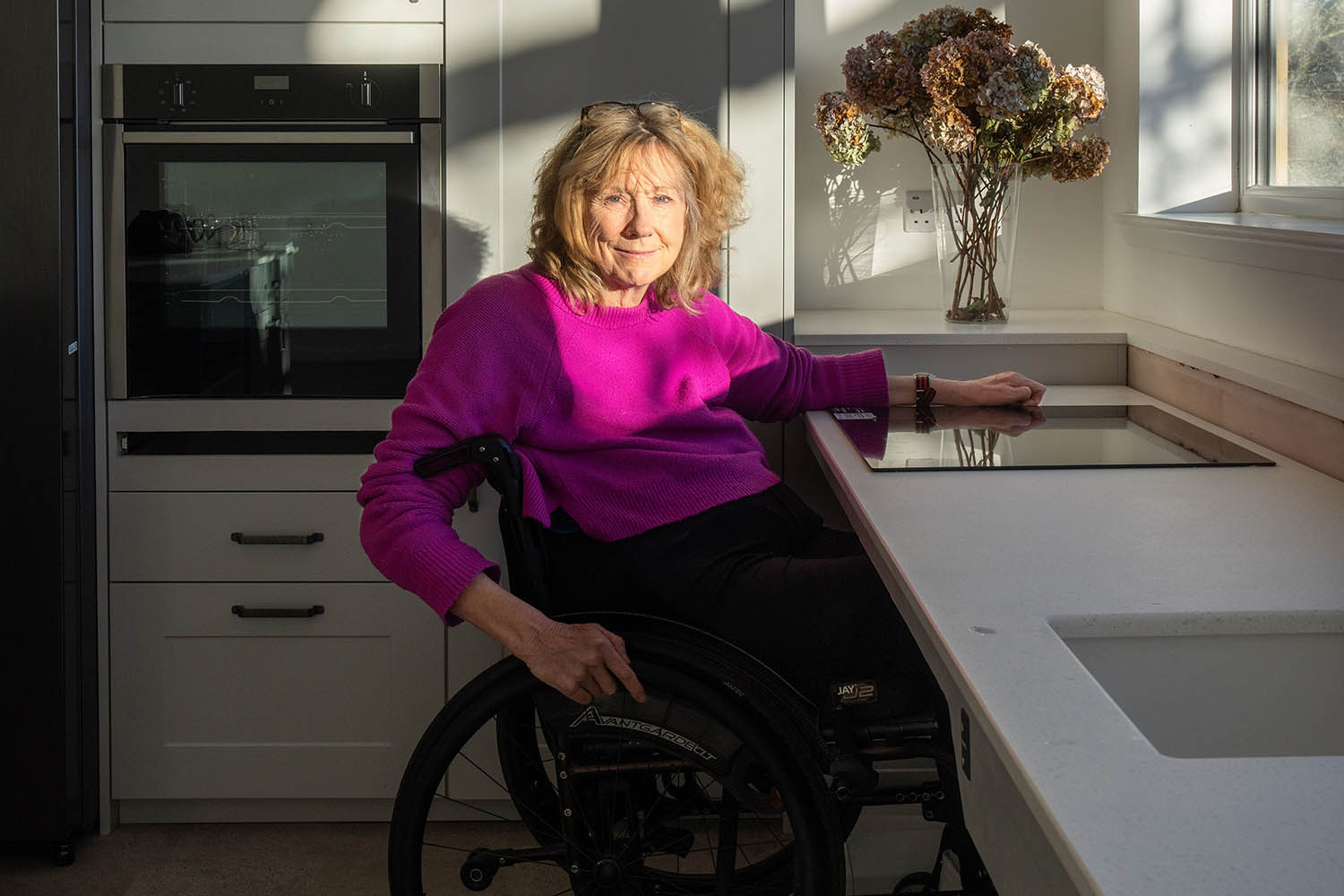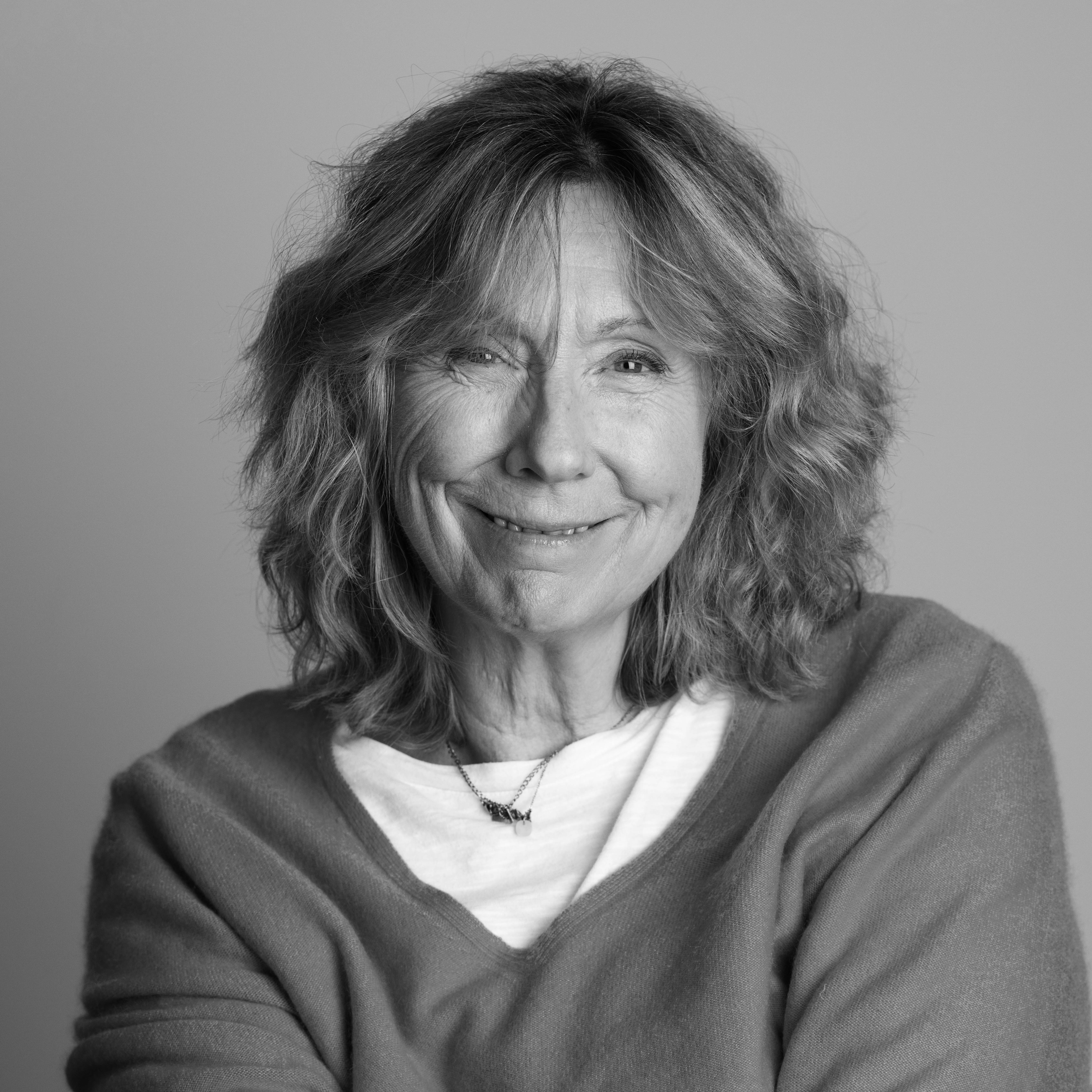For the past six months I have been living in a house without mirrors; not by choice, but because our new house hasn’t yet been properly snagged. As time has passed, I have become deeply content with the absence of my own reflection.
There’s something pleasingly ascetic about it: I don't need reminding what I look like in a wheelchair, thanks very much. I don’t buy new clothes. My hair appointment is in the diary, so no point fretting. The rare occasions I need mascara I use a hand-held magnifying mirror, designed, like women’s magazines, to induce self-loathing. So I never linger there.
The deeper point, of course, is that I feel a welcome sense of escape. As an adult woman severely disabled by an accident, my physical and sexual identity was irretrievably lost. Mirrors and photographs hurt. No wry Socratian “Know thyself” selfies for me. Invisibility is kinder. But that makes me, in today’s world, a freak.
We live in an age of extraordinary self-surveillance, our identities increasingly dependent on our physical image. The primacy of the individual is both political and visual. Appearance is weaponised, monetised, airbrushed to some weird standard of superficial perfection, the new currency of life. The downside is that anyone not joining in – the old, the ugly, the damaged, the sick – ceases to exist. And once you’re invisible, you’re forgotten.
In the UK, more than 90 per cent of people over 16 own a smartphone. It’s estimated that 98 per cent of Gen Z do. A staggering figure. And get this – by 2033 world trade in wall mirrors is expected almost to double from $14bn to $27bn, boosted by the boom in smart mirrors. These have digital displays for personal reminders, weather updates and news headlines. For the many who love posting selfies posing in front of mirrors, I predict that mirrors will soon carry a camera function too. What joy – for narcissists and predators both.
When I need mascara I use a hand-held magnifying mirror, designed, like women’s magazines, to induce self-loathing.
When I need mascara I use a hand-held magnifying mirror, designed, like women’s magazines, to induce self-loathing.
Grooming is a loaded word, working in two ways. But this apparently unstoppable obsession with our own image is equally loaded. Can the desire to exist in the public gaze from childhood onwards, to be dedicated to exporting ourselves for inspection and consumption, be good for us? In her book Strangers and Intimates: The Rise and Fall of Private Life, Tiffany Jenkins suggests it lures us into waiving our right to privacy for trivial benefits. Worse, the idea of a protected private sphere becomes suspect and we are in danger of forgetting why privacy matters.
A fascinating twist on our need to curate images of our bodies and our lives is the relationship with memory. Do the thousands of pictures stored on our phones actually help us remember more? Does filming a concert, or our child’s football match, or ourselves dirty dancing, enrich us later? Or does it merely cause us to miss out on making deeper memories? On BBC Radio 4’s What’s Up Docs, Chris and Xand van Tulleken (with between them more than 430,000 images on their phones), interviewed an American professor of brain science, whose research confirmed the worst: taking many trophy pictures actually impairs memory. To capture a rich experience for posterity, you need to have a rich experience, not just photograph it.
There is a mirror is in my husband’s wardrobe. I can’t access it. But I caught him, my beloved old narcissist, slayer of women’s hearts, grimacing at his reflection. The beautiful are fallen, I teased him. Be like me, just don’t look. The more we gaze in the mirror, the more we take photos, the less we see. And the more we lose.
Melanie Reid is tetraplegic after breaking her neck and back in a riding accident in April 2010
Photograph by Ashley Coombes
Newsletters
Choose the newsletters you want to receive
View more
For information about how The Observer protects your data, read our Privacy Policy

